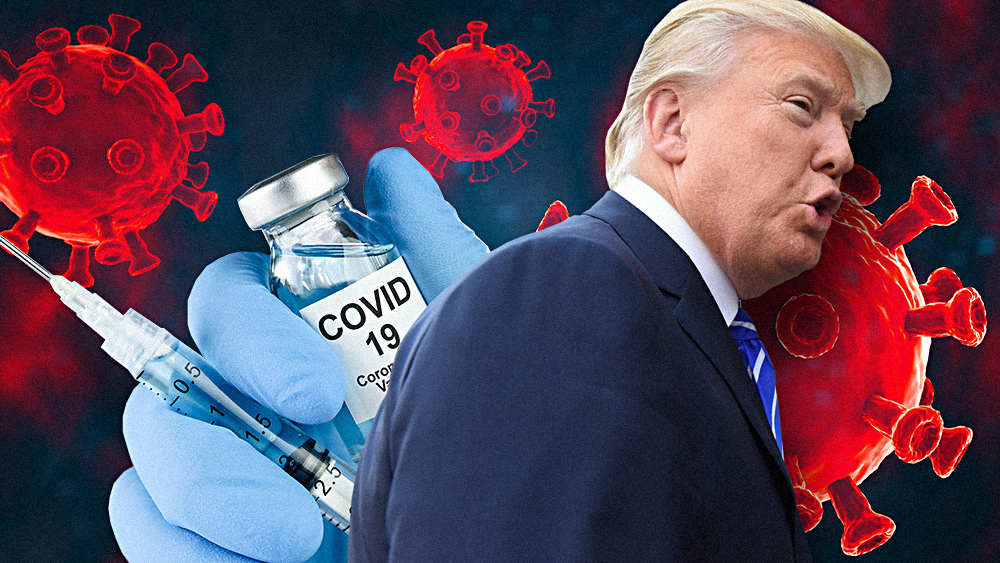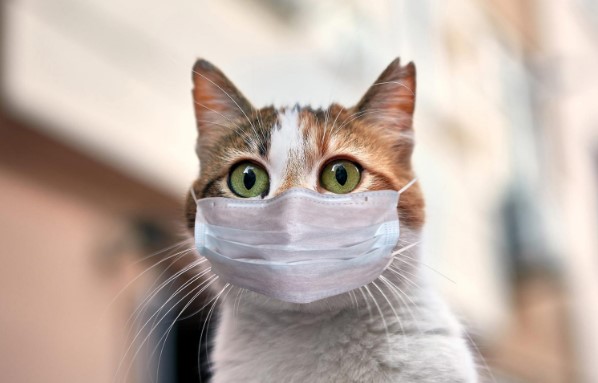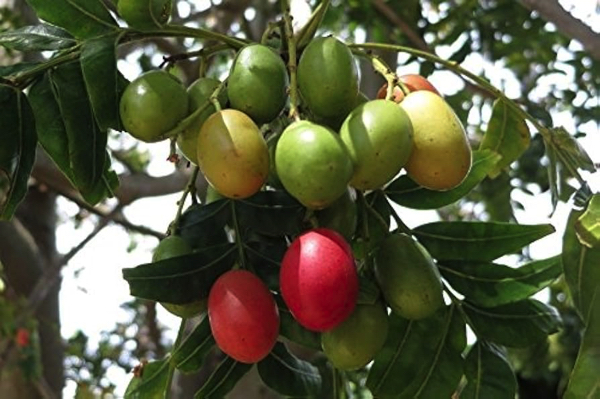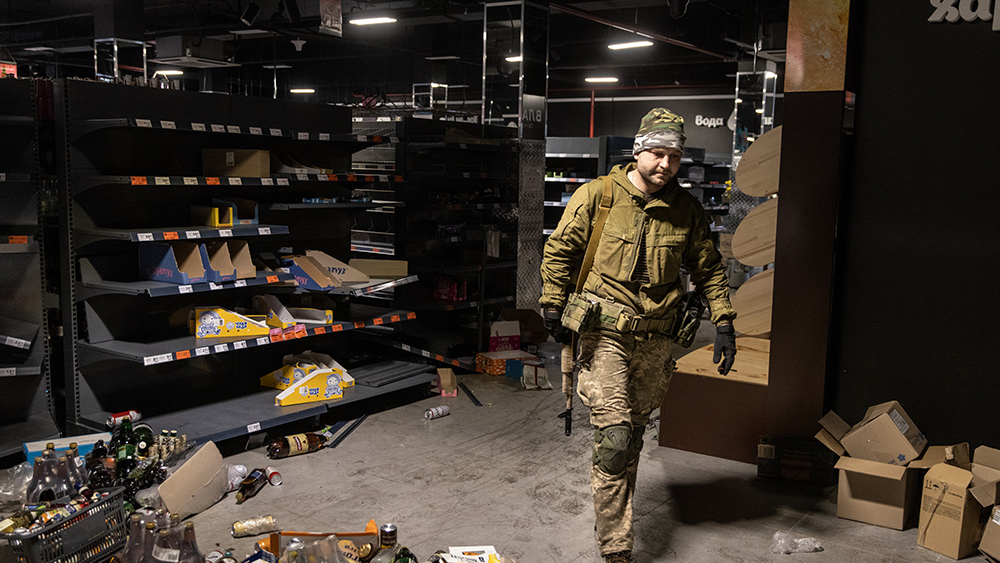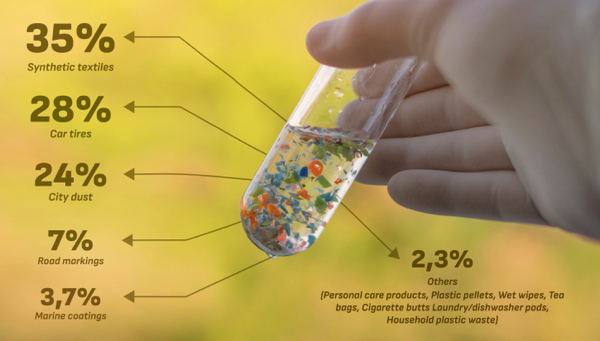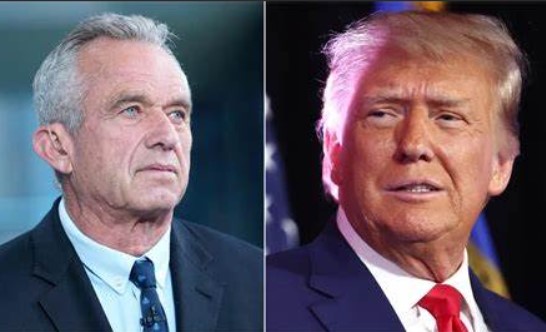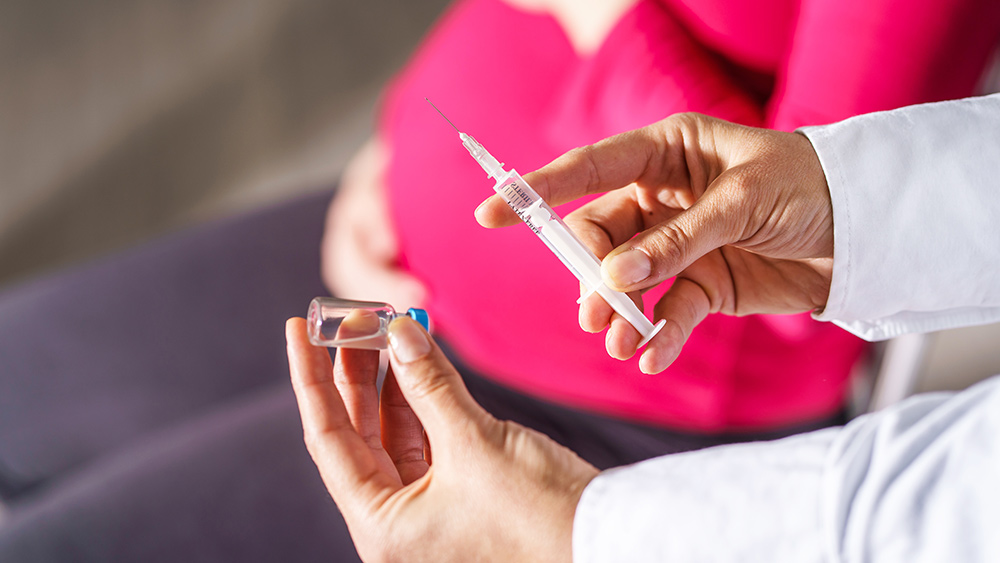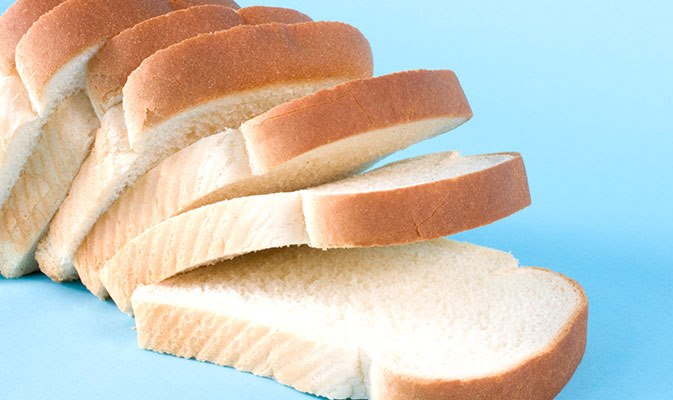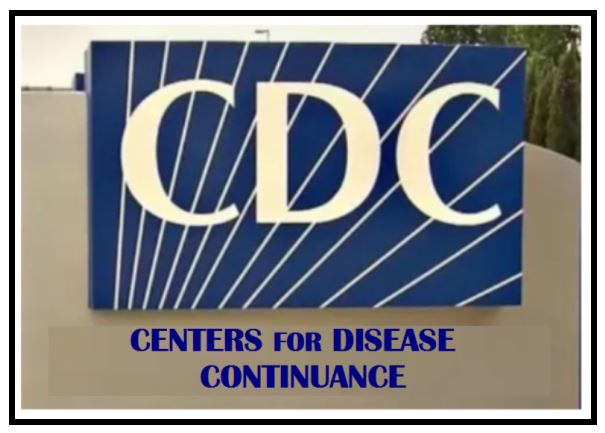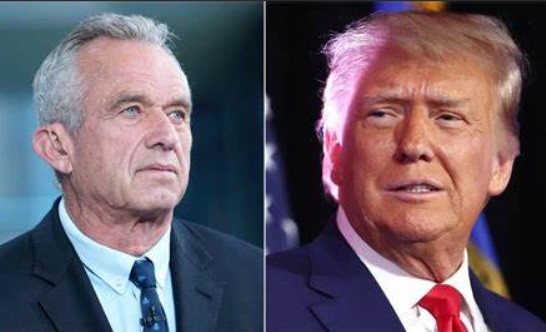Teachers’ fight against Monsanto over PCB poisoning heads to Washington Supreme Court
02/14/2025 / By Cassie B.

- Three Washington state teachers are suing Monsanto, alleging the company concealed PCB dangers, causing severe health issues from exposure in their school.
- A $185 million verdict in their favor was overturned on appeal, and the Washington Supreme Court will now review the case.
- Hundreds of similar lawsuits nationwide target Monsanto and Bayer over PCB contamination, with widespread health and environmental impacts.
- The court’s decision could set a precedent shielding corporations from liability for decades-old harms, affecting future toxic chemical cases.
- The case underscores regulatory failures, as PCBs persist in schools and public spaces, with no federal mandate for testing or cleanup.
In a high-stakes legal battle that could reshape corporate accountability nationwide, three Washington state teachers are taking on Monsanto, the agrochemical giant accused of knowingly poisoning Americans with toxic chemicals for decades. The teachers, who won a landmark $185 million verdict in 2021, saw their victory overturned on appeal. Now, the Washington Supreme Court is set to review the case, which centers on whether Monsanto concealed the dangers of polychlorinated biphenyls (PCBs) to protect profits, leaving countless individuals — including schoolchildren — exposed to life-altering health risks.
The case stems from the teachers’ exposure to PCBs in fluorescent lighting at the Sky Valley Education Center in Monroe, Washington, where they worked. Kerry Erickson, Michelle Leahy, and Michell Marquardt claimed they suffered severe neurological damage, fatigue, and cognitive difficulties due to prolonged exposure to the toxic chemicals. Their lawsuit alleged that Monsanto, the sole U.S. manufacturer of PCBs until their ban in 1979, knew the chemicals were hazardous but continued producing them for decades.
In 2021, a jury awarded the teachers $185 million, including $45 million each in punitive damages, under Missouri law, where Monsanto was headquartered. However, an appeals court overturned the verdict, citing questions about the statute of repose — a state law that limits the time frame for filing product liability claims. The Washington Supreme Court’s decision could either reinstate the verdict or set a precedent that shields corporations from liability for decades-old harms.
A nationwide wave of lawsuits
The Sky Valley case is just one of hundreds of lawsuits targeting Monsanto and its parent company, Bayer AG, over PCB contamination. More than 200 other teachers, students, and parents from the same school have filed similar claims, alleging brain damage and other health issues. Nationwide, cities, states, and individuals are seeking accountability for PCB pollution in schools, waterways, and public spaces.
PCBs, once widely used in electrical equipment, caulk and building materials, are now classified as carcinogenic and linked to liver damage, skin conditions and neurological disorders. Despite being banned over 40 years ago, these “forever chemicals” persist in the environment, contaminating older buildings — especially schools. A 2016 study estimated that 26,000 U.S. school buildings may contain PCB-laden materials, with cleanup costs potentially reaching $50 billion.
Monsanto, acquired by Bayer in 2018, has consistently denied responsibility, arguing that it ceased PCB production decades ago and that contamination resulted from improper handling by third parties. In a statement, Bayer claimed the Sky Valley teachers’ exposure levels were too low to cause harm and tried to blame other factors, such as mold and poor ventilation, for their health issues.
The Washington Supreme Court’s decision could have far-reaching implications. If the court upholds the statute of repose, it could immunize corporations from liability for harms caused by products sold decades ago, even if the dangers were concealed. This would not only affect PCB cases but also emerging lawsuits over per- and polyfluoroalkyl substances (PFAS), another class of toxic “forever chemicals.”
“If Bayer wins the statute of repose issue, the rest of the cases from the Washington state school would just vanish,” said Deepak Gupta, an attorney for the plaintiffs. “It’s a complete immunity. So, the stakes are really high.”
The case also highlights the broader failure of state and federal regulations to protect public health. Despite mounting evidence of PCB contamination in schools, there is no federal requirement to test for or remove the chemicals. Washington state law, for example, does not mandate that schools notify parents or staff of PCB findings, leaving many unaware of the risks.
A legacy of harm
Monsanto’s history with PCBs is a dark chapter in corporate America. Internal documents reveal that the company knew as early as the 1930s that PCBs were toxic but continued production to maximize profits. In 1972, Monsanto allegedly struck a secret deal with General Electric to continue profiting from PCB sales despite the known risks.
The consequences of this greed are staggering. “Virtually every human being in the United States, if not the world, now has PCBs in their bodies,” according to the Journal of Public Health Policy. From contaminated schools to polluted waterways, the legacy of Monsanto’s actions continues to harm communities.
As the Washington Supreme Court prepares to hear arguments, the teachers’ fight for justice serves as a reminder of the human cost of corporate negligence. For Michelle Leahy, who developed uterine cancer and cognitive impairments, the case is about more than money, and she doesn’t expect to ever get the settlement. “But it was never about the money,” she said. “It was the only way to get the public to listen.”
The Washington Supreme Court’s review of the Sky Valley case represents a pivotal moment in the fight against corporate malfeasance. With billions of dollars and the health of millions at stake, the outcome will reverberate far beyond the courtroom, shaping the future of environmental and public health litigation in America.
Sources for this article include:
Submit a correction >>
Tagged Under:
Bayer, big government, campus insanity, conspiracy, corruption, deception, environment, lawsuit, Monsanto, PCBs, poison, progress, public schools, Sky Valley, Suppressed, toxic chemicals, toxic ingredients, toxins, Washington Supreme Court
This article may contain statements that reflect the opinion of the author

